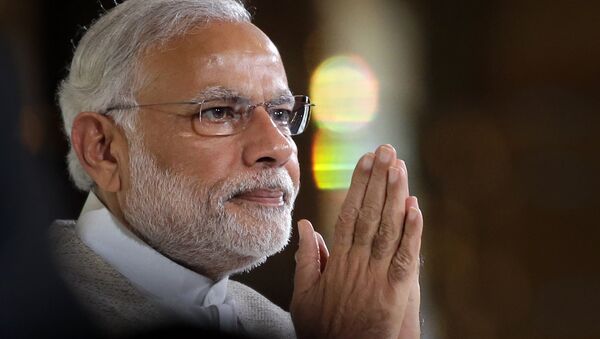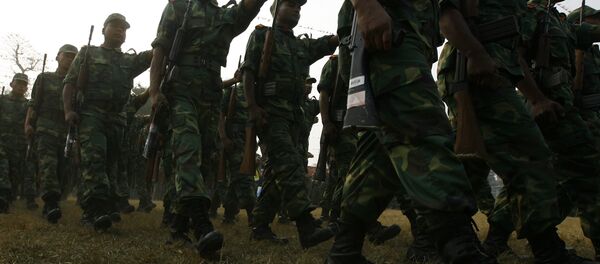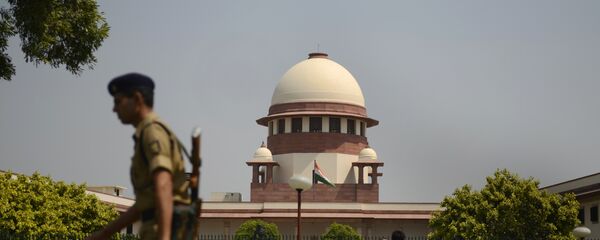Indian Prime Minister Narendra Modi is likely to attend a traditional religious procession in the neighboring country of Nepal this year. The procession, slated for December 12, is an annual extravaganza that marks the wedding anniversary of the Hindu mythological characters of Lord Ram and Goddess Sita.
"It's not final yet if the Indian PM will come for the inauguration but discussions are going on about a possible visit," Nepal's Foreign Minister Pradeep Gyawali was quoted by the Kathmandu Post.
The procession will start from Ayodhya in India's Uttar Pradesh- the birthplace of Lord Ram — and will culminate in Nepal's Janakpur to which Goddess Sita belonged, according to the Hindu mythological epic Ramayana.
READ MORE: Nepal Needs Both India and China for Speedy Development – Senior Fellow
"Without Nepal, India's faith is incomplete. Without Nepal, India's history is incomplete. Without Nepal, India's dhams (temples) are incomplete. Without Nepal, our Ram is incomplete," the Indian prime minister said in May this year, after flagging off the bus between Ayodhya and Janakpur.
Culture connects people across boundaries! From the auspicious holy city of Janakpur, PM @narendramodi announced the joint development of the Ramayana Circuit and flagged off a direct bus service between Janakpur and Ayodhya. pic.twitter.com/xActljPmyn
— Raveesh Kumar (@MEAIndia) May 11, 2018
The timing of Narendra Modi's fifth visit to Nepal is highly significant as it will fall a few months ahead of India's general elections. By taking part in the symbolic wedding procession of Lord Ram, Modi expects to garner the support of millions of voters in the country's most populated states, like Uttar Pradesh, Bihar and West Bengal that not only share a border with Nepal, but have deep religious and cultural connections with the Himalayan nation.
READ MORE: China Opens Seven Ports for Nepal to Bypass India in International Trade
Mohan Bhagwat, chief of the powerful Hindu nationalist outfit Rashtriya Swayamsewak Sangh (RSS), only last week, had pitched for the early construction of a Ram temple in Ayodhya. RSS is the parent organization of the governing BJP and it is believed that the right-wing, non-political organization has a greater say in the decisions of the Narendra Modi administration.
However, the issue of whether or not a temple should be constructed at the site of the demolished mosque is pending before the apex court of India. In 2010, a lower court had divided the disputed land in Ayodhya between the Hindus and the Muslim parties. The decision was rejected by both parties and hence, an appeal was made to the Supreme Court of India to revisit the case.






